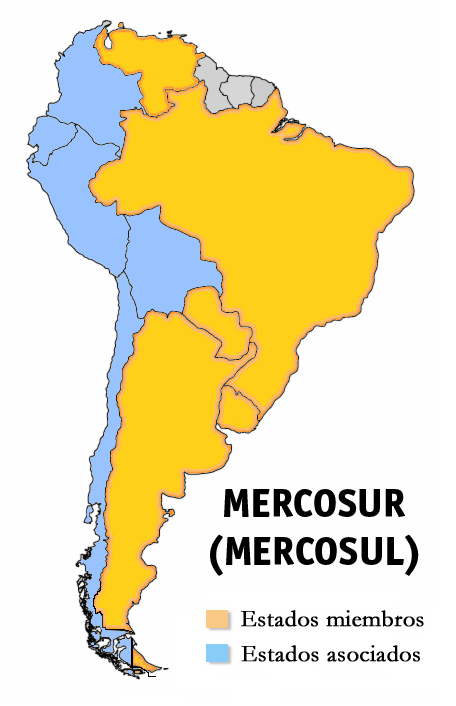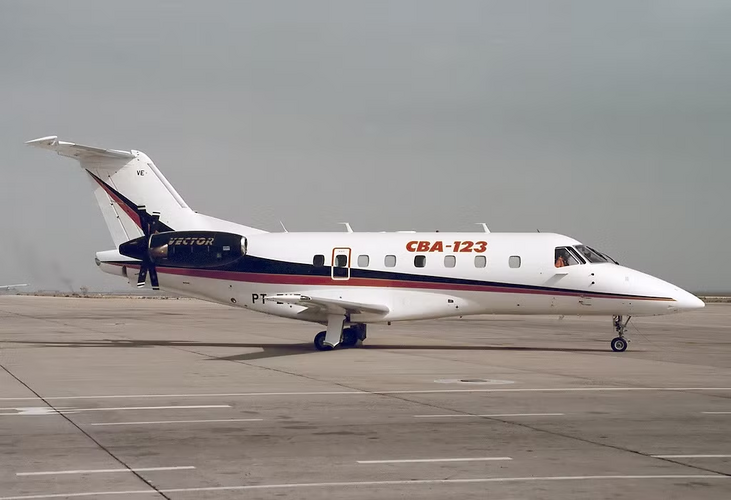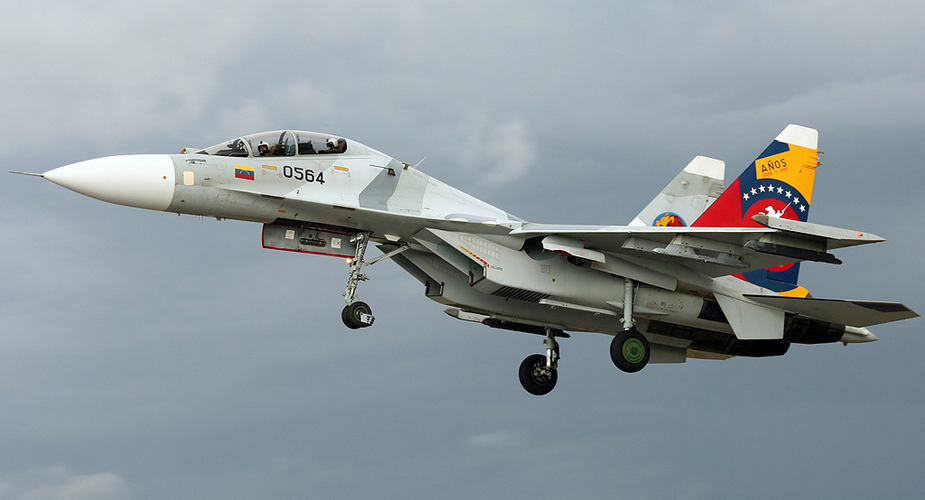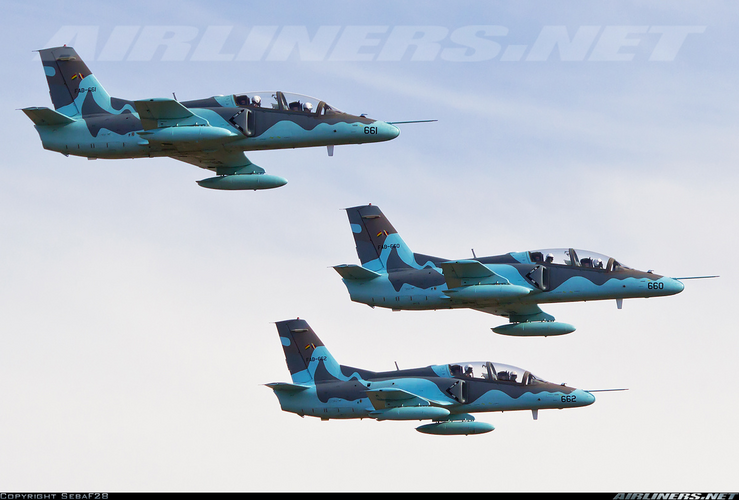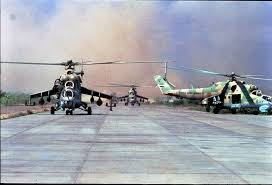F-14ATomcat
ACCESS: Secret
- Joined
- 26 May 2024
- Messages
- 480
- Reaction score
- 915
Let me tell you what generated the outcome of the Falklands war.This sort of this is true for all countries in all wars, it is particularly true of Britain as evidenced by the never ending interest on this site.
As for the particulars, Argentina being embargoed and Britain getting the best kit is the very nature of international politics. Britain was a G7 country, Permanent Security Council member with Veto power, a leading member of NATO holding multiple command positions and a large network of other alliances etc etc etc. while Argentina was none of those things. It's a virtual certainty that the large number of NATO members and other British allies would assist her and embargo Argentina. As for 30-40 Exocet winning the war, in such a case Britain would fight the war differently, likely far more cautiously and acquiring suitable equipment to cover the capability gaps.
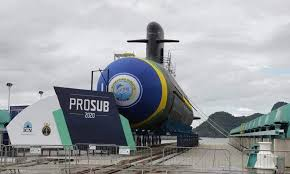
Brazil understood Argentina lost due to lack of good submarines, so Brazil has a nuclear submarine program.
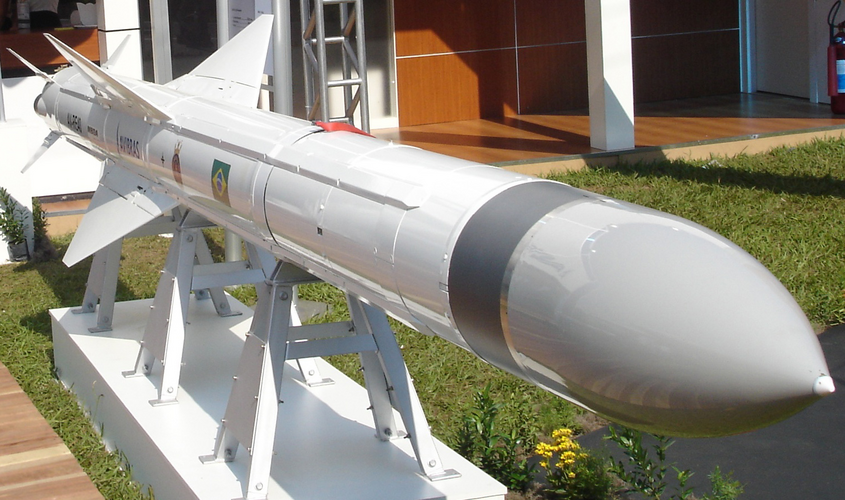
Since they saw the unreliability of France they have developed the Mansup anti-ship missile.
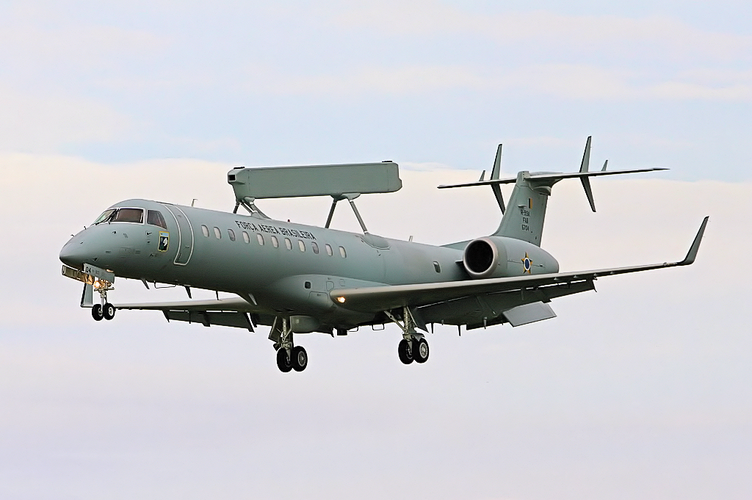
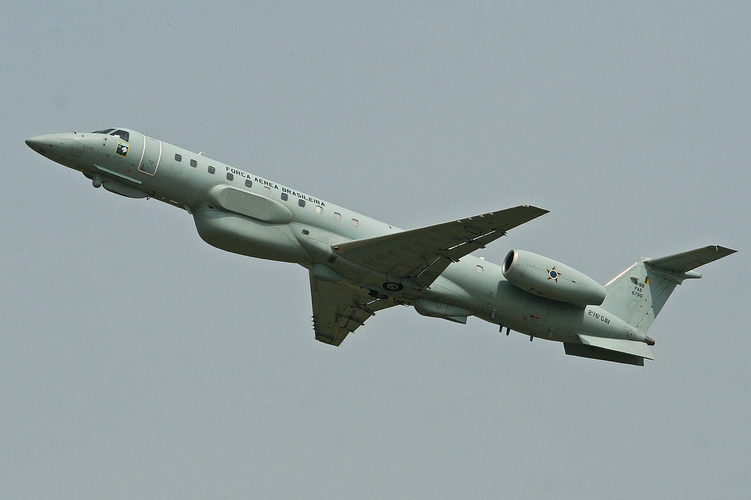
they have developed AWACS
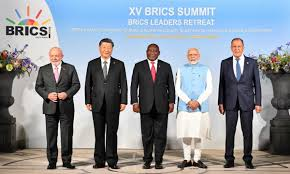
They understood the need to diversify allies.
In 1982 Argentina trusted the USA and was an anti-communist ally of the USA.
Remember Brazil is a 220 Million people in 2025.
In 1982 Argentina had less than 35 million people.
The reality is by 2050 south America will be united under Brazilian leadership and not USA leadership, that will be more effective if Trump Invades Mexico.
The 1982 war was a failure for USA diplomacy in Latin america.
The alternative history was one were the USA would had helped Argentina and kept Latin America, today China would not had made the inroads they made, but a few AIM-9Ls turned latin america to look for other allies
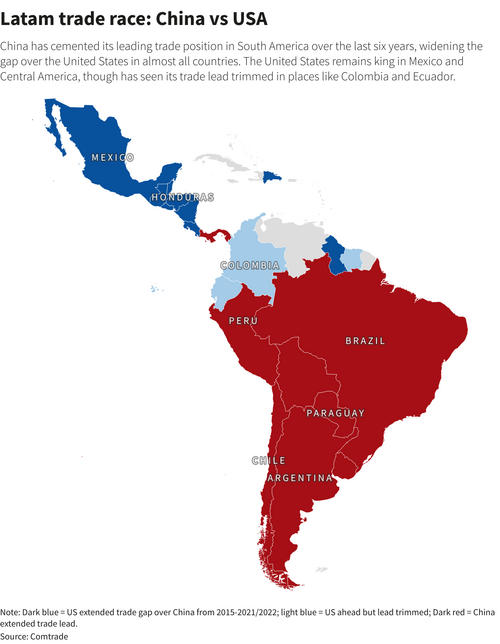
Last edited:

